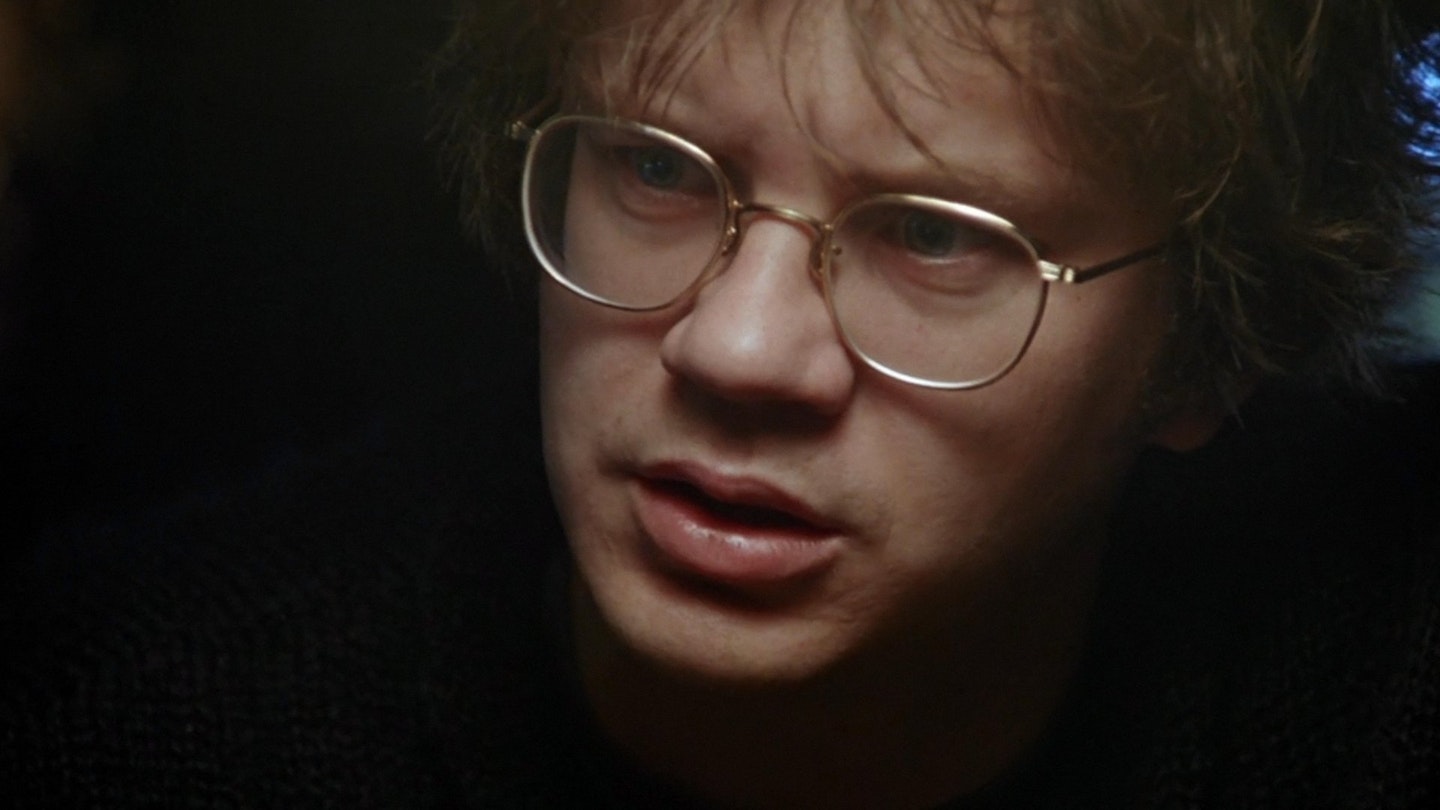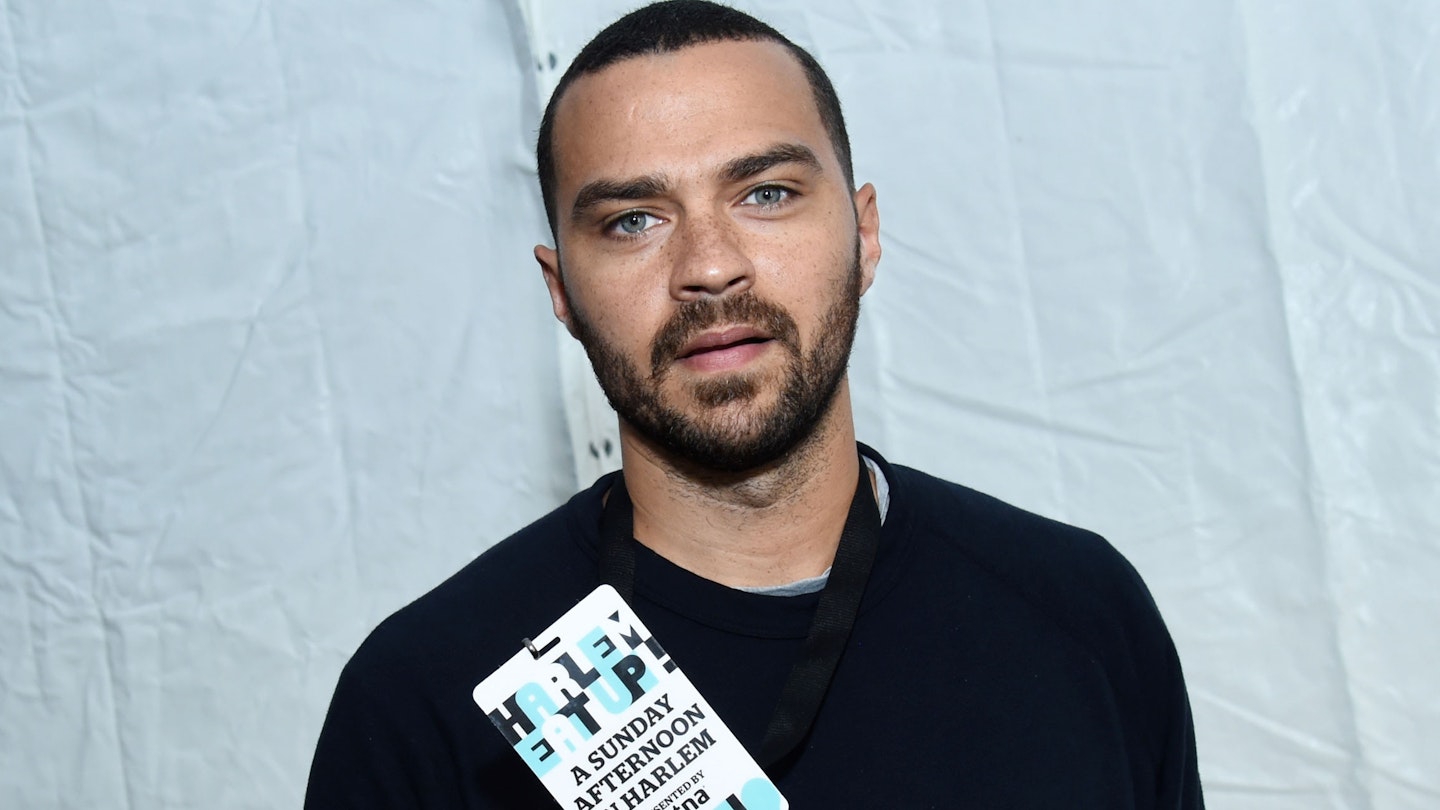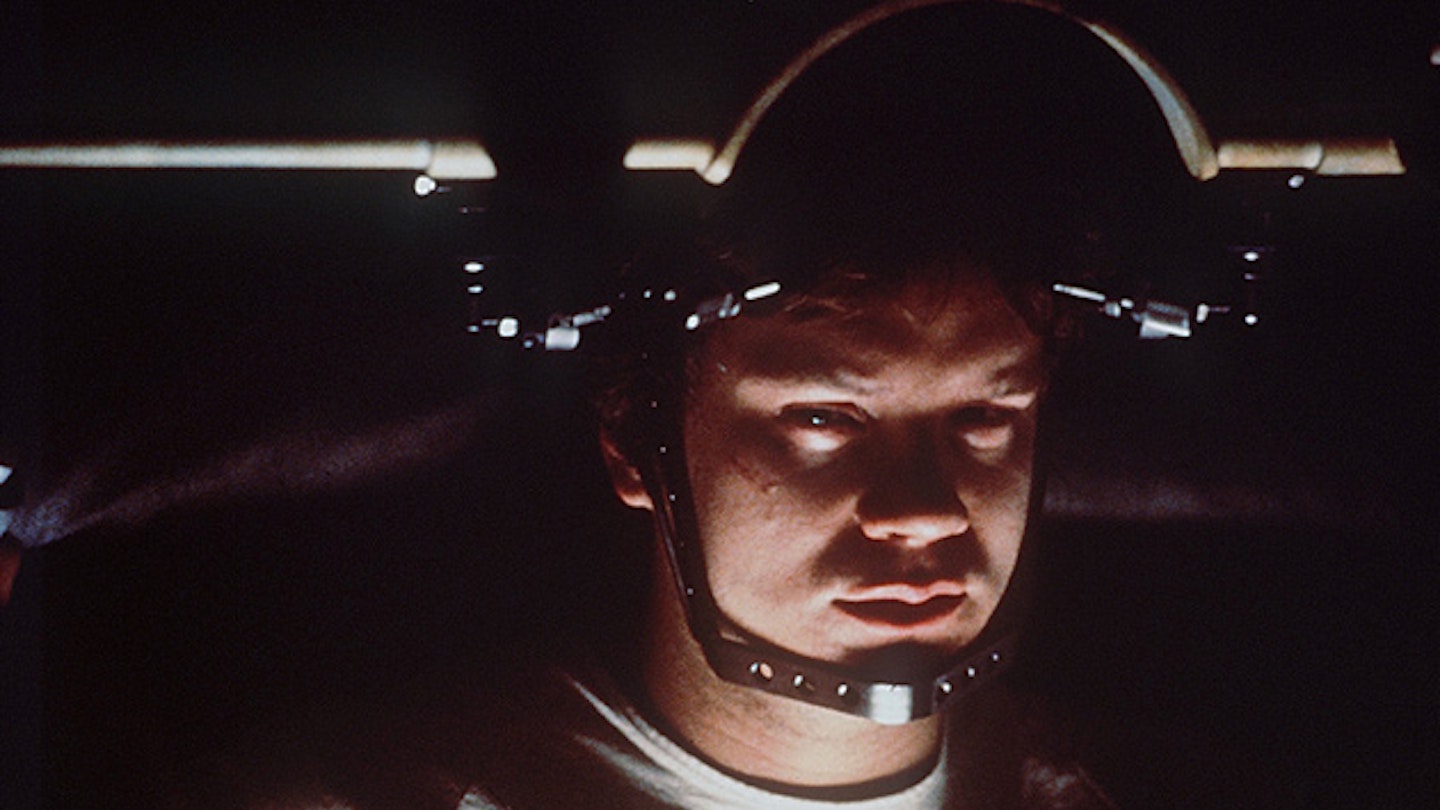People tend to react to this strange film in one of two ways depending on their sensibility. It could speak to you as a profound meditation on death, a dense, dark, stylish fever-dream that hovers close to a horror movie (the battery of demonic doctors and entrail-strewn hospitals sees to that) and a paranoid governmental thriller, but whose elusive maudlin meanings will finally harken to the surrealistic chambers of David Lynch, Nicolas Roeg or Luis Bunuel. Alternatively, it could be interpreted as a somnambulistic smudge of pretension, whose slippery plotting allows its poseur of a director (Fatal Attraction’s flash dude Adrian Lynne) to fill the frame with whatever takes his fancy because the catch-all conclusion lets him off any narrative hooks.
From this angle it wavers between both interpretations: fake art with powerful undercurrents. It’s also a bit of chore to get through, as Tim Robbins, who can really switch on the dour if he wants, endures all the pop-eyed dementia Lynne can throw at him. Screenwriter Bruce Joel Rubin, who has fixated on death throughout his career (Ghost, My Life, Deep Impact), and drawing from Ambrose Bierce’s extraordinary metaphysical Civil War story, An Occurrence At Owl Creek, endeavours to conjure seething rhythms of religious fervour where existence starts to fragment. That he uses some sub-Oliver Stone prattling involving chemical testing in ‘Nam to glue his dissonance together rather undermines the elliptical power of his intentions. While Lynne seems to care about nothing more than festooning the film with shocking imagery and warped editing, and tempting us with Macaulay Culkin as an angelic presence (how history has undermined that one).
And yet, for all its anything-goes devilry, the film sticks with you. The images do strike a terrifying chord, the feverish answer driving you back through the dizzy paths of the movie to assemble its purpose. It achieves a lot less than it intends to, but how many commercial films contemplate the physical transition into death? Although, exactly how many want to?



